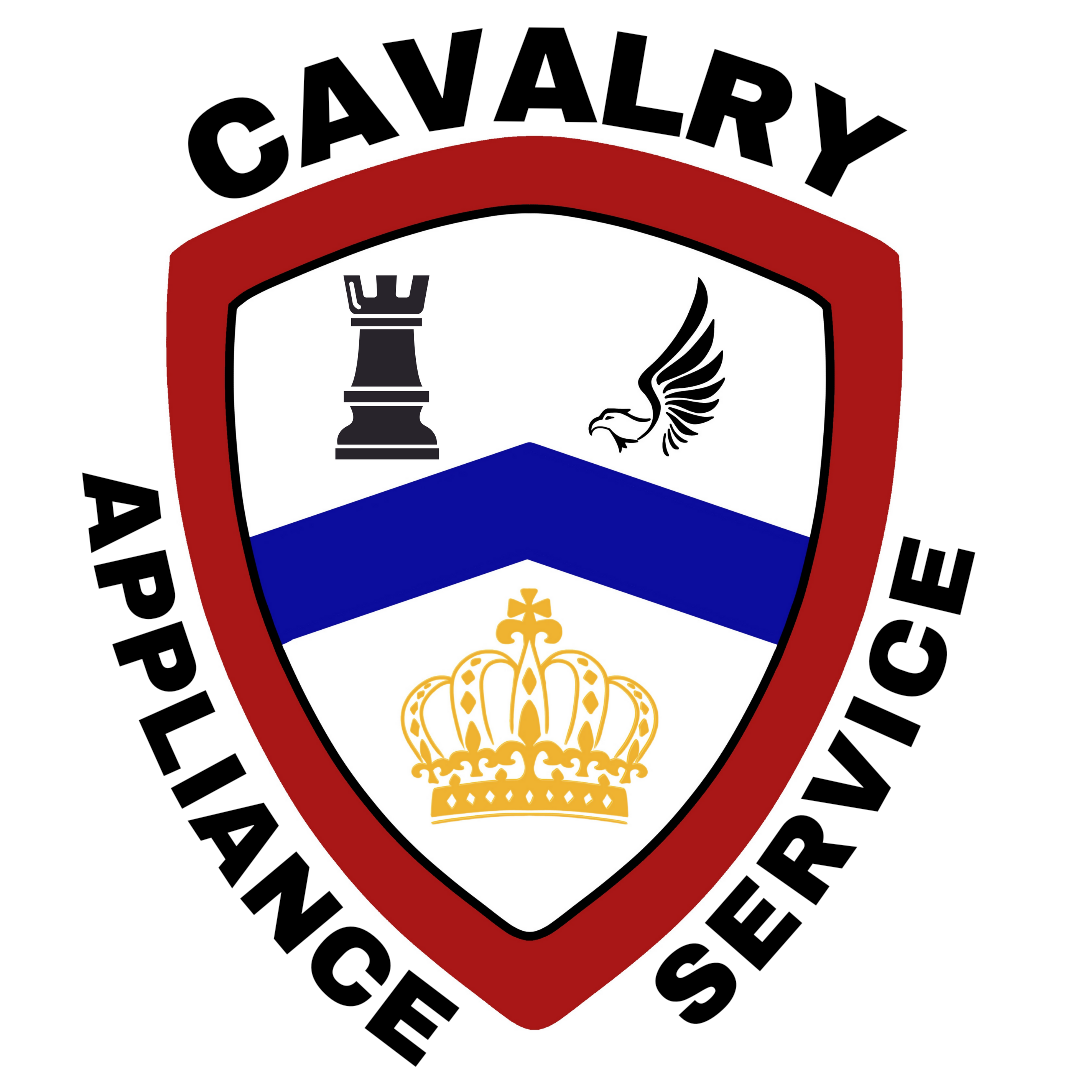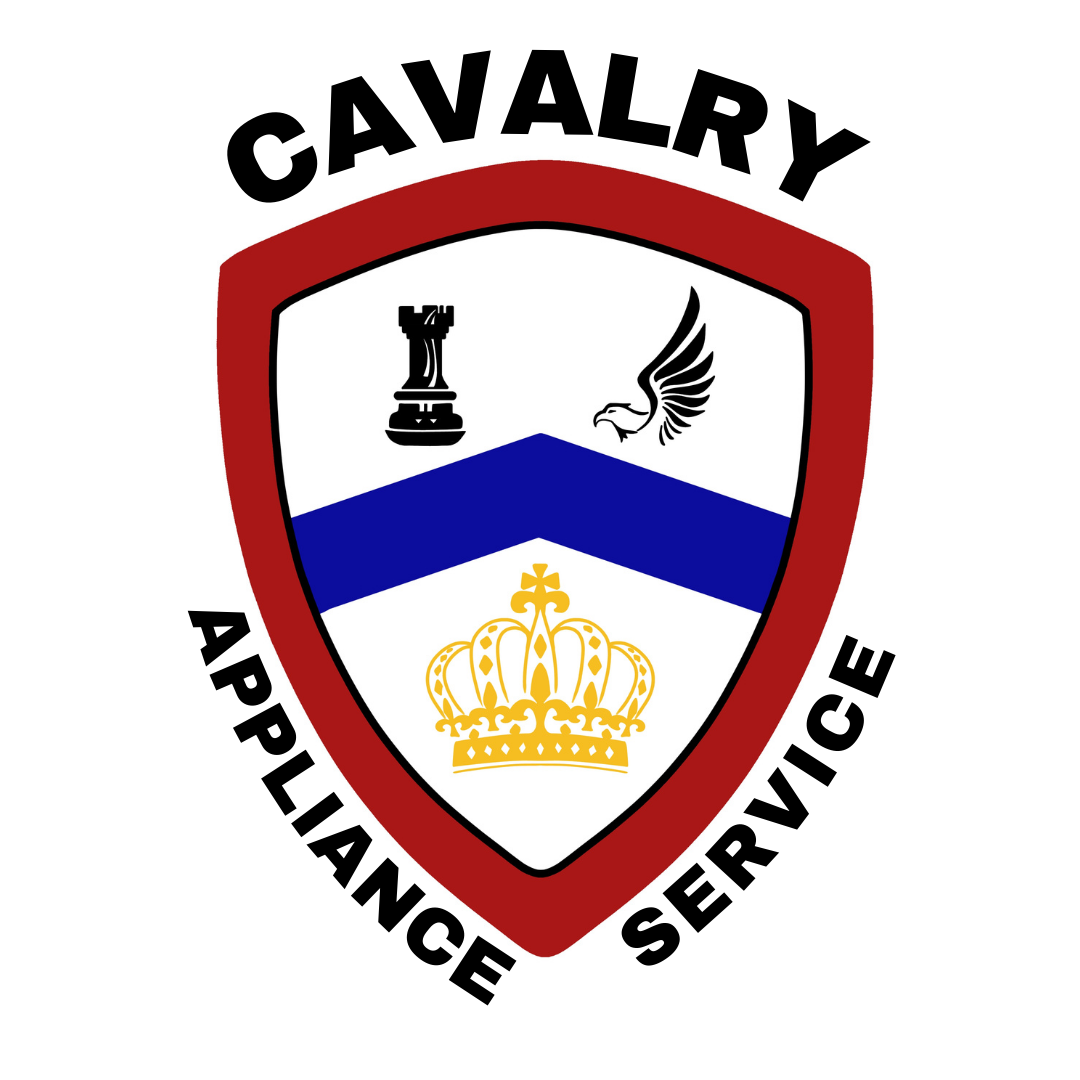Appliances in the Summer vs. Winter
It may come as a surprise, but appliances tend to break less during the winter months than in the summer. This is due to a variety of factors, such as the temperature differences between the two seasons, the amount of moisture in the air, and the amount of electrical use.
When it comes to temperature differences, it’s no secret that winter temperatures are generally cooler than those in summer. Appliances, such as washers, dryers, and refrigerators, are designed to work best at certain temperatures. During the summer, these temperatures are often exceeded, leading to strain on the appliance’s components. In the winter, however, the temperatures are lower, meaning the appliances are not as likely to overheat and fail.
The amount of moisture in the air also has an effect on how long appliances last. In the summer, the air is often more humid, which can cause the appliance’s internal components to rust or corrode. In the winter, the air is generally drier, reducing the amount of moisture that can cause damage to the appliance.
Finally, the amount of electrical use is also a factor when it comes to appliance longevity. During the summer, people tend to run their air conditioners and fans more frequently, putting more strain on their appliances. During the winter, however, people tend to use fewer electrical appliances, reducing the amount of strain on their appliances and helping them to last longer.
Since appliances tend to break less during the winter months than in the summer, this is the prime time to call your trusted Appliance Technician for non-urgent repairs that have been bothering you before they become an emergency. We are just starting to feel a slight relief in call volume and expect to be able to address your non-urgent appliance needs much more quickly during the months of February and March; so, plan ahead!
Talk to you soon!
Joe and Ginny Seeley

